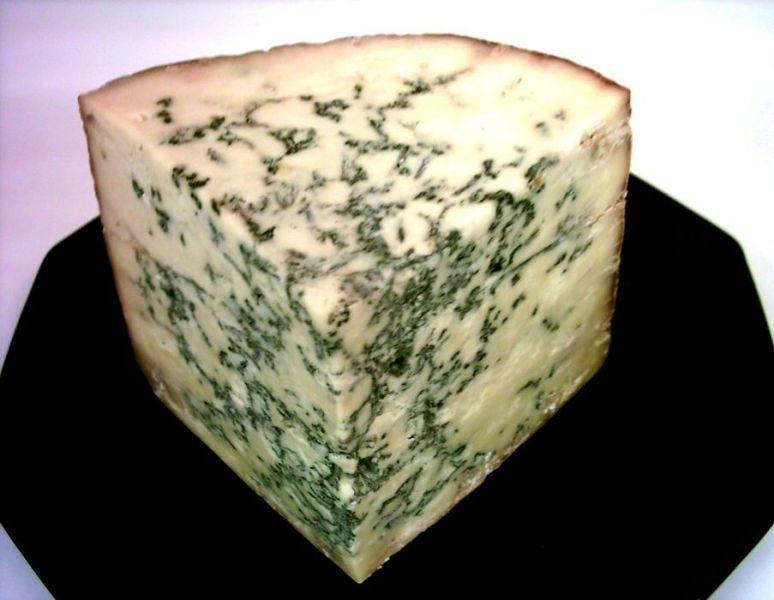The Curious Incident of the Cheese at the Right Time
The incredible importance of cheese to the remarkable history of the civilised world has often been overlooked. From the beginning of man (and woman, at least when she was not slimming), cheese has always been the lynch pin that set the world to rights or changed the course of history, which as the scholars note, has never run smoothly.
In the beginning was the word, and the word was cheese and the cheese was good. Strict cheese creationists believe this, but those who require a more scientific explanation will do well to look at the work of curdologist Dr. Blaise Silver who posits a more natural origin story based on a knowledge of the fossil record and a lifetime spent with aging cheddars.
When milk from a startled wildebeest-like bison fell into a depression on the windswept plains of ancient Africa after a sabre-toothed lion-like tiger whipped off said beast to feed her young, the resultant dairy curdled in the afternoon sun creating the ür-cheese. Paleontologists refer to it as homo caseus. I have it on good authority, though the fossil record might be best described as non-existent.
It is said the matrilineal hyenas were the first to taste this rudimentary cheese and delight in its aroma, but without opposable thumbs were unable to develop anything more than coincidental cheese production. It took the arrival of humanity to do so.
Nonetheless, from the first of early hominids cheese proved a lucrative bartering good and by the time of the Egyptians, it had reached the level of near deification. As the so-called Book of the Dead recounts, prayers were said to the mighty Mish, a cheese that provided the weight against which the heart or ib was weighed.
In the Indian epic The Mahabharata the fates of the Kaurava and Pandava princes in the midst of the Kurukshetra War nonetheless digress into philosophical topics such as a discussion of the purusharthas, or the four cheese goals of life. Cheeses must have the flavour of either salt, sweet, sour or fire in order to guide the life stories of the princes in the medieval paneer epic.
Meanwhile over in England the story of the saintly King Edmund fired the long-standing cheese love of Britain before it had a unifying identity as one nation. Facing the fearsome cheese-raiding Vikings, the brave king declared his faithfulness to the curd and refused to give over his Wensleydale and Stilton. The Norsemen simply removed his head as well as the wheels of cheese. But in a well-documented miracle his men later found the missing head when it cried, “Double Gloucester!” and was found resting between the paws of a wolf, who tamely followed the soldiers back to their town then, given a snack of Ilchester, disappeared into the woods once more.
Scotland and Wales are mostly made of cheese, hence the hills. We shall not discuss Ireland given the current situation: far be it from me to invoke the Yeats and his opinions on the cheese of the Sidhe.
Of course the role of cheese in the American and French revolutions is know to every school boy or girl, so I will not teach grandma to suck Edam but merely say, let us behold the golden treasure and rejoice. Praise cheeses!
Kit Marlowe is the author of the forthcoming humorous Gothic novel The Mangrove Legacy and can be found on the world wide web about here. Her work also appears in Pirates and Things in the Dark.


